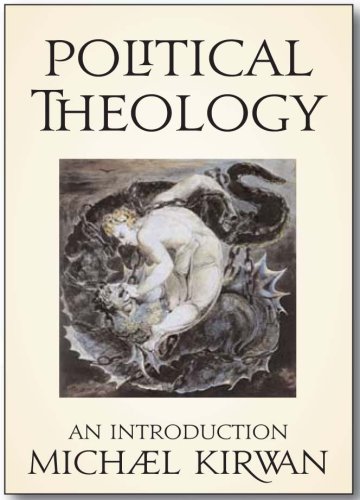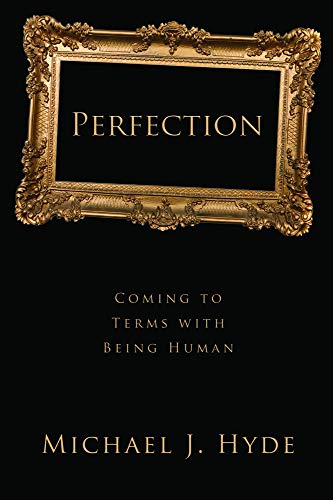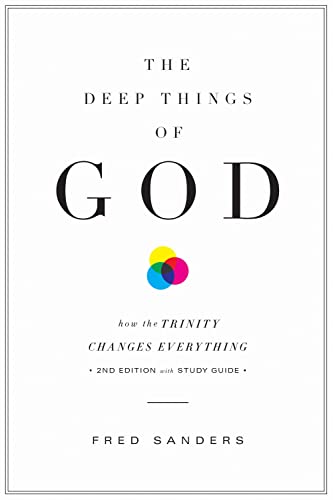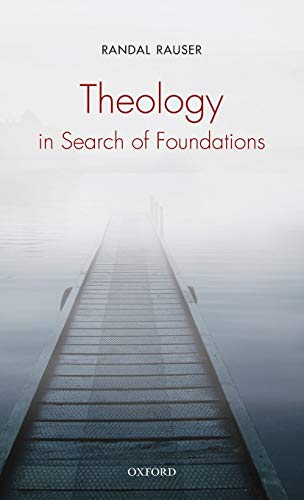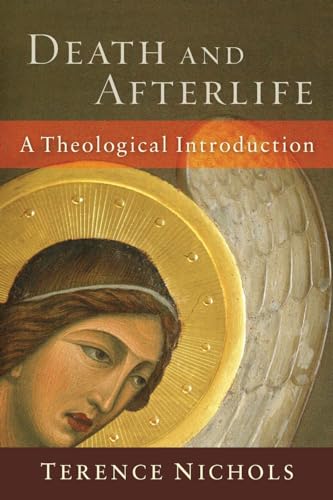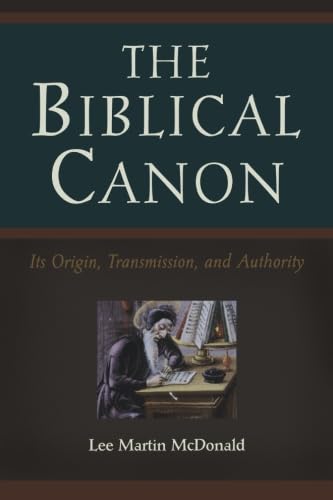Political Theology: An Introduction
Written by Michael Kirwan Reviewed By Beau PihlajaMichael Kirwan opens his introduction to political theology by referencing three previous attempts to define the relationship between the theological and the political. He refers first to William Cavanaugh and Peter Scott’s threefold framework (i.e., theology and politics as separate, theology as critical of politics, and theology and politics as similar producers of organizing “metaphysical images”). Kirwan then refers to Oliver O’Donovan’s call for reflection on the authority of God as necessary to establish the intrinsically political nature of evangelical theology. Finally, Kirwan discusses De Vries’s proposal of various possibilities available to define theology’s relationship to the political (i.e., juxtaposition, separation, subordination of one to the other, or interdependence).
Kirwan then turns to the broad question of the role of government from a historical perspective. Using Jürgen Moltmann’s “covenant/leviathan” distinction, Kirwan analyzes the role of the state in Greek tragedy. In Antigone and The Eumenides we see the state as caught between the dictates of piety and public order, maintaining the state’s commitment to its “friends” even if it must turn on its own citizens. The works of Carl Schmitt and Thomas Hobbes illustrate for Kirwan the modern continuation of the belief that the state must serve as katēchon, or restraining force in the world. For both, the state necessarily serves as “leviathan” to preserve itself. In this schema, the law preserves and defends the intrinsic connection of order and territoriality which Schmitt in particular saw as integral to maintaining crucial “friend-enemy” distinctions.
Kirwan turns in chapter three to the criticisms of Hannah Arendt who argued that Christianity, with its commitment to doing good in secret, for example, is too committed to the “other-worldly” to be any good in thisworld, which is the scope of the political. Here, Arendt’s critique is that Christianity fails to appreciate human “natality,” “the human capacity to begin new things, to initiate” (p. 38). Without this, argues Arendt, Christians are unable to truly act in and for the world; more significantly, they are unable to truly love the world, which for Arendt requires “authentic self-disclosure.” Given its “ignorance of the left hand,” it isn’t clear Christianity can thus engage in the political. Kirwan critiques this argument in light of Christianity’s early experience with the Roman Empire, which reveals not an ambivalence to the political but an unwillingness to let it tell the larger story of humanity, to give it purpose or meaning. Kirwan notes also that despite Arendt’s insistence on the political’s secular grounding there are persistent religious themes in her work. Kirwan then turns to the history of Christian engagement with the political beginning with the “high traditions” (O’Donovan). He summarizes the so called “triumphalist” period of Constantine. Having contrasted the broadly “pessimistic” view of Augustine with Aquinas’s broadly “optimistic” relation of theological to political, Kirwan traces the history of theology’s interaction with politics through the period of the Reformers to the Enlightenment.
Kirwan spends three chapters addressing the theological (and political) crises in the wake of the Shoah. Here he engages Jewish reflection on the crisis precipitated by the success of National Socialism. He discusses the work of Johann Metz and Moltmann, and he devotes an entire chapter to Jürgen Habermas’s critical engagement with the theological. Finally, Kirwan closes with a reflection on “the gift” of political theology. He reflects first on the resources of the OT and NT for guiding the engagement of the two, the political and the theological. Kirwan then contrasts the violent eschatology of popular dispensationalism (captured in the Left Behind series) with Moltmann’s and Metz’s conception of eschatology as the source of a critical hope. In the final chapter, Kirwan summarizes six “models” of the “political church,” ranging from the church as “in continuity” with Israel and Christ (O’Donovan) to “the Church as alternative (Eucharistic) community” proposed by Cavanaugh. Kirwan largely avoids detailed positive proposals. But he does close with the suggestion that the critical reflection of the church on the political must include reflection on the largely neglected suffering of the “Second World” amidst the Cold War. He notes that the church must continue articulating “transcendent values” to the world. Furthermore the church must further address its continued complicity with the powers that be (its “temptation to restorationism” in the post-Cold War era, pp. 196–97). Finally, the church’s political activity must include suffering witness to the truth. All of this is nourished ultimately by faith in God, our doctrine of whom we must continue to keep before us, constantly drawing us forward and critiquing our politico-theological action.
Kirwan’s work, while somewhat uneven, is a rich, subtle, and nuanced introduction to a persistently unwieldy topic. While his analysis is unclear in places and in others seems to simply trail off, his willingness to frame the topic in a deeply critical and theoretical way as well as to engage a variety of perhaps lesser known voices (at least among students), is welcome. Terse treatments of Cavanaugh, Schmitt, Hegel, and Žižek, for instance, may bewilder the uninitiated, but are necessary given the continued relevance of these thinkers in modern political theological studies. With an introduction so brief, it is easy to nitpick about what could have been. The ancillary role that majority-world theopolitical engagement plays in Kirwan’s study is deliberate but disappointing. Given its introductory nature, this may give readers the impression that what has been really influential is western European reflection, its crises truly formative. That said, Kirwan’s work deserves a place on introductory course syllabi and the library shelves of serious pastor-theologians.
Beau Pihlaja
The University of Texas at El Paso
El Paso, Texas, USA
Other Articles in this Issue
Most of our readers are theological students and pastors...
The Dazzling Darkness of God’s Triune Love: Introducing Evangelicals to the Theology of Hans Urs von Balthasar
by Stephen M. GarrettJürgen Moltmann observes that Christian theology and the Church face “a double crisis: the crisis of relevance and the crisis of identity...
Plots, Themes, and Responsibilities: The Search for a Center of Biblical Theology Reexamined
by Daniel J. BrendselIn the prolegomena to his “approach to biblical theology,” Charles H...
Since the mid-twentieth century biblical scholars have increasingly accepted that the texts of the Bible must be interpreted in terms of their literary genres...
The present age tends to regard polemics, theological controversies, and all-round doctrinal fisticuffs as, at best, a necessary evil, at worst, one of the most revolting aspects of Christianity...


